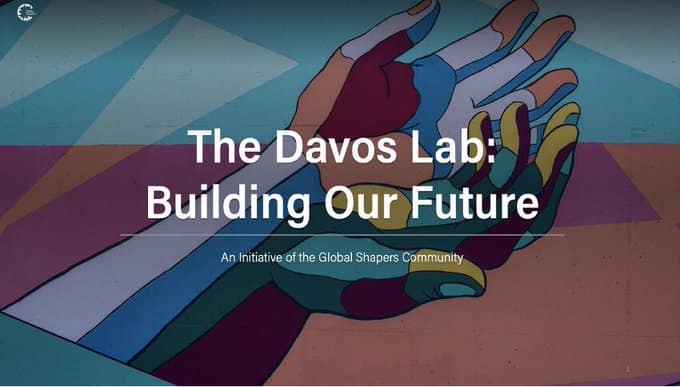Have you ever wondered what young people think about politics and what are their two cents about reforming public practice?
Well, then this is your lucky day since @ShapersBilbao did precisely that: the Davos Lab – Building Our Future.
Last week @shapersbilbao submitted the results of its Future of Politics – Davos Lab dialogues, an initiative by @globalshapers and the @wef aimed at rethinking how politics should look like in the coming years.
In order to do that, @shapersbilbao asked a variety of participants questions like: what difficulties do you face when it comes to actively taking part in politics? Do you think young people should have a bigger say in the policy-making process?
The participants, who accounted for over one hundred individuals, featured migrants, young women, young left- and right-wing voters, as well as junior and senior politicians.
Dialogues were moderated by @shapersbilbao and @asocagoraxxi members.
As expected, answers to the questions varied depending on the background of the participants themselves.
Different human features account for different views of life and, of course, politics.
Migrants said they had limited knowledge on politics, as well as a lack of representation by elected politicians. Even if these were deemed to be closer from the citizens compared to their home countries’, they felt they were a secondary target in the political discourse.
In young voters’ opinion politics are complex and multi-levelled. No news here. However, considering the current generational change, they believe there is a window of opportunity to address more and better youngsters’ opinions and engagement in politics.
In addition, they claim that they should be put at the centre of the political conversation since they will be the ones enjoying (or suffering) the public policies that are adopted in the current days.
When it comes to the right and left divide no differentiation was to be found when it came to political engagement or feeling of disaffection with the political system. Some positions are truly intersectional.
Shifting to junior politicians’ view on the state of affairs shows that they too realized there is a generalized feeling of disaffection among the youth, but they also feel there is a communication problem between political parties and voters, particularly young voters.
They also acknowledge the difficulty of creating collective identities in order to engage voters. Which is highly paradoxical in the times of identity politics (i.e. Trump, Brexit…).
However, their senior counterparts focus more on the erosion of the institutions, rightly so. They also feel that political parties have been discredited in the eyes of the youth.
@shapersbilbao concluded from the dialogues
- Political disenchantment is eroding institutions, no clear and effective re-routing is on the horizon.
- Social youth movements appear as key political trigger.
- Political parties are delegitimized in the eyes of the youth
Nevertheless, and to end up in a positive note, the input of the youth it can be viewed as a success in itself! The passionate debates that took place in the #DavosDialogues show how eager youngsters are to engage with politics!
By communicating more and more effectively political parties can bridge the gap between their capabilities and the expectations the youth has about them. Including young actors in the policy-making process would also decrease the chances of not feeling represented.
Women, migrants, and other socially unequal groups’ points of view should also be factored in into the policy-making process, so that ownership of the final policy outcome can be claimed by the entire society.



